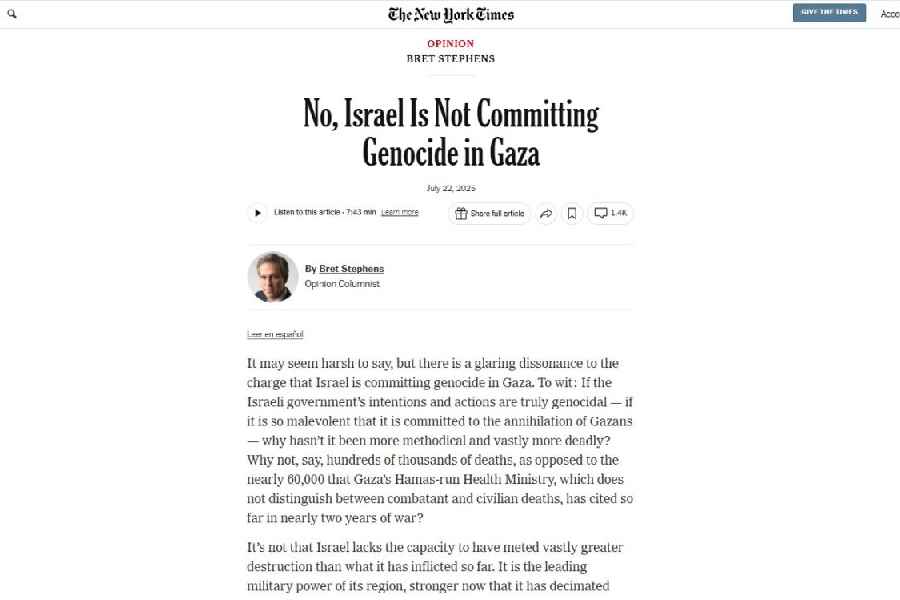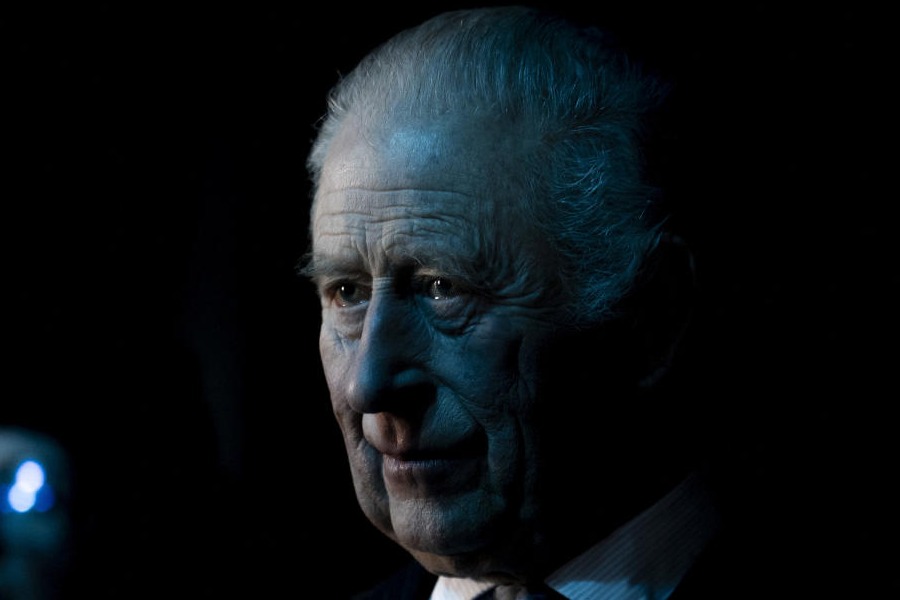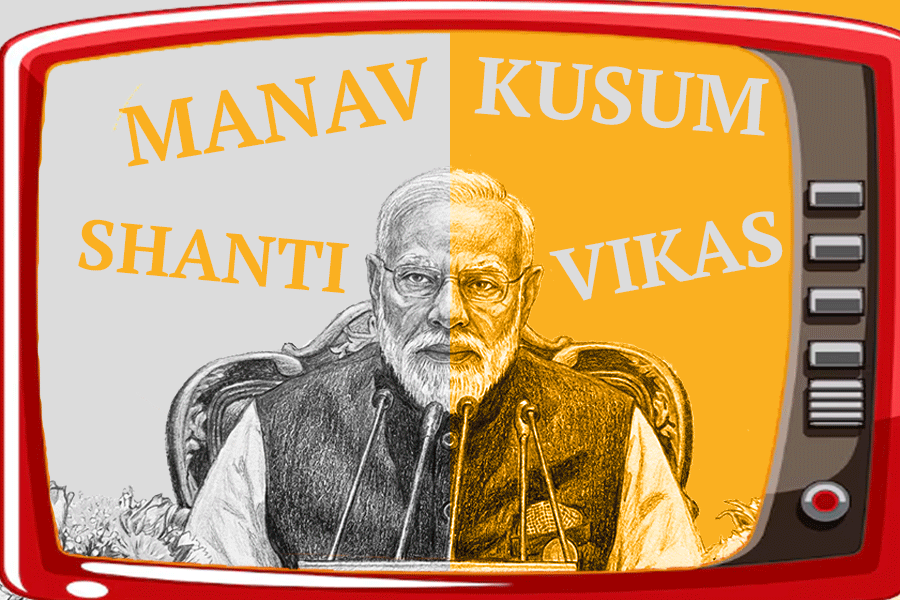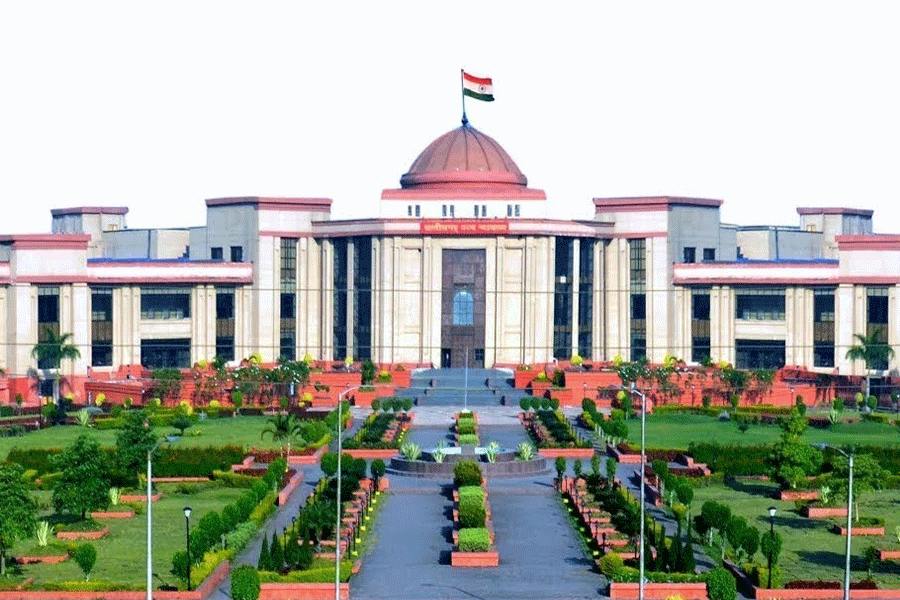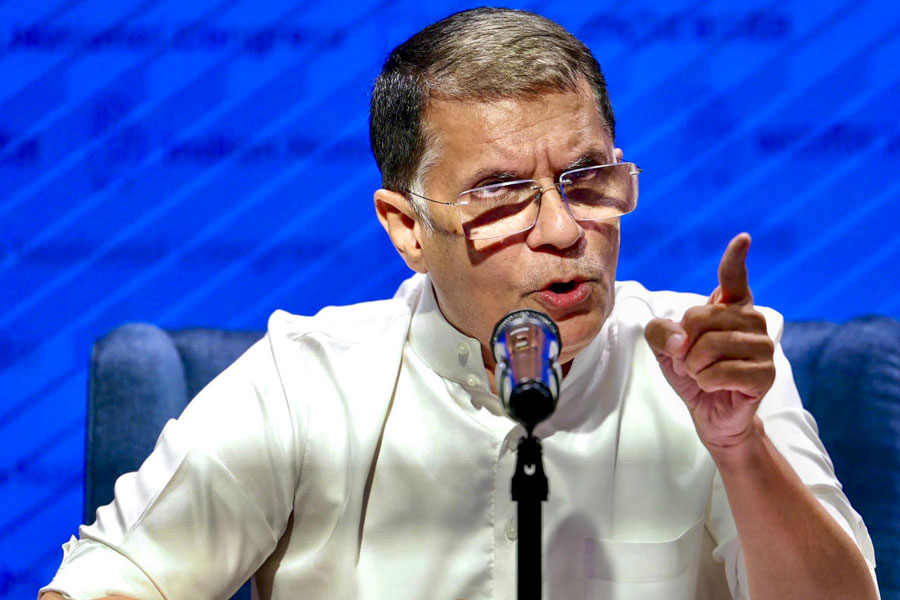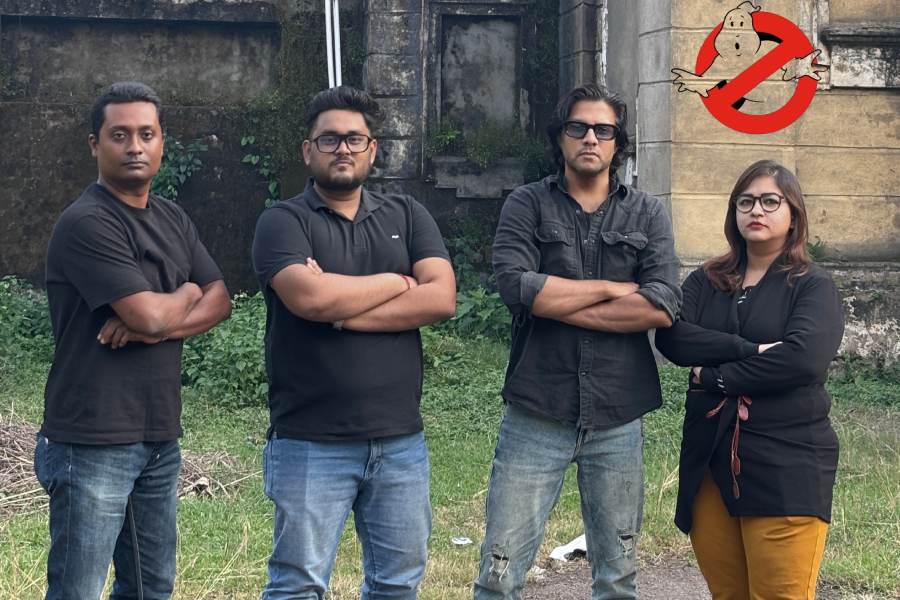When a free press begins to launder mass death into ‘strategic necessity’, we are not reading journalism — we are reading complicity. And in the pages of The New York Times, The Wall Street Journal, and The Washington Post, complicity is now dressed in editorials, op-eds, and headlines that sanitise the deliberate destruction of a people. What we are witnessing is not a failure of language. It is a moral collapse at the heart of American journalism — one that demands we name its form: Genocidal Journalism.
As Gaza is reduced to rubble, as entire families vanish under US-supplied bombs, and as the International Court of Justice declares a “plausible genocide”, America’s most influential newspapers continue to publish opinions that deny the undeniable. This is a deliberate, strategic act: the systematic reframing of genocide as counterterrorism, of mass starvation as unintended tragedy, of settler-colonial violence as national security.
Bret Stephens’s July 31 column in The New York Times, bluntly titled “No, Israel Is Not Committing Genocide in Gaza”, is not just a piece of misguided analysis, it is a foundational text in this emerging genre. Stephens argues that Israel cannot be committing genocide because the death toll isn’t high enough. The logic is as chilling as it is absurd: a genocide must be more efficient to qualify. If Gaza’s dead number 60,000, he asks, why not hundreds of thousands? This isn’t opinion; this is atrocity denial dressed in house style. Stephens’s claim hinges on one thing: erasing intent — the legal cornerstone of genocide under the Genocide Convention. But intent is not measured by death tolls. It is discerned through policy, language, and action.
Israel’s intent has been declared openly. The former defence minister, Yoav Gallant, called for a “complete siege” and labelled Gazans “human animals”. President Isaac Herzog proclaimed that there are “no uninvolved civilians”. The deputy Knesset Speaker, Nissim Vaturi, demanded Gaza be turned into a “slaughterhouse”. And this intent has been operationalised: over 70% of homes in Gaza destroyed, all universities razed, entire hospital systems deliberately bombed. And yet, The New York Times provides a platform for Stephens to conclude: “I am aware of no evidence of an Israeli plan to deliberately target and kill Gazan civilians.” This is the production of moral anaesthesia.
This form of denial is not isolated. The Wall Street Journal’s editorial board repeats the same formula: portray genocide as “self-defence”, cast international law as inherently biased, and weaponise charges of anti-Semitism against anyone who dares suggest legal scrutiny. The Washington Post offers the same cognitive choreography — featuring Israeli voices prominently, burying Palestinian suffering under vague “humanitarian concerns”, and demanding impossible evidentiary thresholds before even uttering the word, ‘genocide’.
This pattern — across America’s three most powerful newspapers — is not coincidental. It is structural. It is the making of a new editorial logic: deny genocide now to preserve impunity later. To trace the contours of Genocidal Journalism is to follow the architecture of narrative manipulation where atrocity is not denied outright but neutralised, reframed, and obscured. Genocidal Journalism functions not to inform but to anaesthetise, crafting a moral landscape where State violence becomes abstract strategy, and victims vanish behind euphemism.
At its core lies the calculated misuse of international law. The Genocide Convention, intended as a mechanism of justice, is inverted to shield perpetrators. Major newsrooms routinely demand evidentiary thresholds far exceeding legal norms — mass graves, written orders, or demographic annihilation — before even acknowledging plausible genocidal intent. This redefinition immunises favoured nation-states from scrutiny, turning genocide into a technicality rather than a crime in progress.
The moral inversion continues in the framing of conflict. The occupier becomes the actor; the occupied, a footnote. Israeli military objectives are foregrounded; Palestinian civilians appear as collateral abstractions. Pulverised hospitals, starving children, and mass displacement are recoded as “urban warfare” or “tragic consequence”. Suffering becomes incidental to State narratives.
Crucially, the genre thrives on a false symmetry. News reports often equate a nuclear-backed military with a blockaded civilian population lacking any comparable means of defence. The result is moral equivalence that obscures the vast asymmetry. Even sourcing reflects this asymmetry. Israel’s statements are treated as authoritative; Palestinian testimonies, UN reports, or findings by groups like Amnesty International and Médecins Sans Frontières are either buried or cast as suspect. The occupied speak from the margins, filtered through scepticism. The State retains narrative dominance.
Perhaps most corrosive is how Genocidal Journalism narrows public discourse. Criticism of Israeli State policy is routinely policed through accusations of anti-Semitism — an urgent charge in itself, but here weaponised to chill debate. The result is an ideological checkpoint inside the newsroom, where dissent is punished and justice must pass a loyalty test. This genre does not merely fail democracy, it undermines it. By obscuring atrocity, it enables impunity. It converts taxpayer complicity into moral distance and replaces facts with fog. This is a political project that erases truth while pretending to pursue it.
The mechanics of Genocidal Journalism emerge within a tightly woven ecosystem — where editorial selectivity, geopolitical alignment, and institutional acquiescence converge to reconfigure atrocity into a narrative that appears palatable, even defensible. Stephens has long written in support of Boeing, a major US weapons supplier to Israel. Think tanks like the Foundation for Defense of Democracies and the Washington Institute — funded in part by defence industry money — produce the analysis that finds its way into op-eds and editorials. Lawmakers cite these in congressional hearings. The weapons pipeline stays uninterrupted. The defence contractors profit. The media praises Israel’s “restraint”. Gaza continues to burn. There is a symbiosis among the media, military, and money, sacrificing truth for power, and human lives for narrative control.
This betrayal is historical. These newspapers invoke their legacies —Watergate, the Pentagon Papers, the Holocaust coverage they were once criticised for delaying — as evidence of moral authority. But today, their authority is deployed not to expose State violence, but to cloak it.
Thomas Jefferson once wrote that the press was the final guard against tyranny. Abraham Lincoln navigated the constitutional limits of speech during war but insisted on moral clarity. Both would recoil at a journalism that sees tens of thousands of dead children and demands more evidence before calling it genocide.
We must strip Genocidal Journalism of its respectability. Universities, journalism schools, and professional associations must name this genre, teach it, and oppose it. Alternative platforms must be amplified. Editorial boards must be held accountable — not censored, but confronted with the moral weight of what they publish. We do not need silence. We need clarity. We need language that does not flinch from atrocity. We need newsrooms that understand: to deny genocide is not neutrality — it is participation. As Gaza starves, America’s premier newspapers continue to write around the truth. This isn’t just an abdication of journalistic duty. It is a co-authorship of atrocity. And history will remember it as such.
Debashis Chakrabarti is a political commentator and Commonwealth Fellow (UK)

